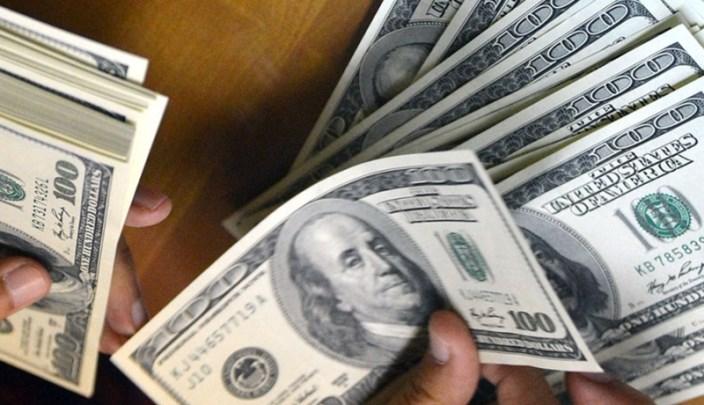July 10, 2025 | Abuja, Nigeria
Nigeria is set to record a historic inflow of Foreign Portfolio Investments (FPIs) in 2025, with projections indicating a surge to $16.08 billion — the highest in the nation’s economic history. Analysts say the rise is largely driven by the Central Bank of Nigeria’s (CBN) sustained hawkish monetary policy and attractive interest rates.
The CBN has kept its benchmark interest rates elevated to tackle inflation and stabilize the naira, a move that has continued to draw foreign investors into Nigeria’s fixed income and equities markets in search of higher returns.
Economic experts say the central bank’s tight stance, along with improving macroeconomic reforms such as the unification of exchange rates and removal of fuel subsidies, is restoring investor confidence in the Nigerian financial system.
“This is the most foreign investor-friendly policy environment we’ve had in years,” said Ifeanyi Nwokolo, an economist at a Lagos-based investment firm. “Higher interest rates make Nigerian assets more attractive, especially in a global climate where investors are seeking emerging market yields.”
According to market data, a significant portion of the projected $16.08 billion in FPIs is expected to flow into government bonds, treasury bills, and equities, with foreign appetite for Nigerian Eurobonds also rising steadily.
The CBN’s foreign exchange reforms have been instrumental in boosting transparency and encouraging foreign capital inflow. In addition, ongoing efforts to improve ease of doing business and reduce bureaucratic bottlenecks are believed to be contributing to the positive outlook.
However, analysts warn that sustaining this momentum will depend on continued fiscal discipline, political stability, and effective management of inflation, which still hovers above 22%.
The expected FPI boom in 2025 is seen as a major boost for Nigeria’s external reserves and overall economic stability, providing much-needed foreign exchange liquidity amid global and domestic challenges.

